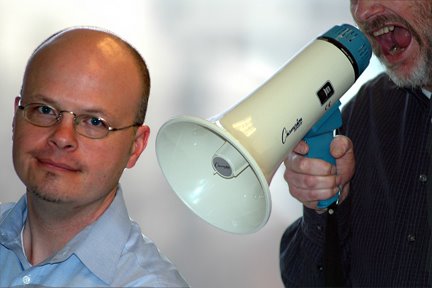Noise Disturbances Seep Into More D.C. Lives
The Washington Post Magazine's cover story this week by food critic Tom Sietsema revealed that the No. 1 complaint of restaurant diners in the Washington area is noise.
While many out-to-eaters detest having to shout and strain to enjoy their dining companion's company, the story says exposure to loud decibels may be hardest on restaurant workers, who "spend more time in a dining room than do the people they wait on."
Writes Sietseme in the Post:
Read the entire story, "No Appetite for Noise," here.
While many out-to-eaters detest having to shout and strain to enjoy their dining companion's company, the story says exposure to loud decibels may be hardest on restaurant workers, who "spend more time in a dining room than do the people they wait on."
Writes Sietseme in the Post:
"Theoretically," says Robert W. Sweetow, director of audiology and professor of otolaryngology at the University of California in San Francisco, "the sound levels over time are loud enough to get impaired hearing." (Otolaryngology is the branch of medicine dealing with ear, nose and throat disorders.)
Noisy restaurants affect more than just the ears. Loud sounds can elevate blood pressure, increase breathing rates, intensify the effects of alcohol and make sleep difficult -- even after the noise ceases. At certain elevated levels, some people can experience dizziness and even nausea.
Read the entire story, "No Appetite for Noise," here.


0 Comments:
Post a Comment
<< Home